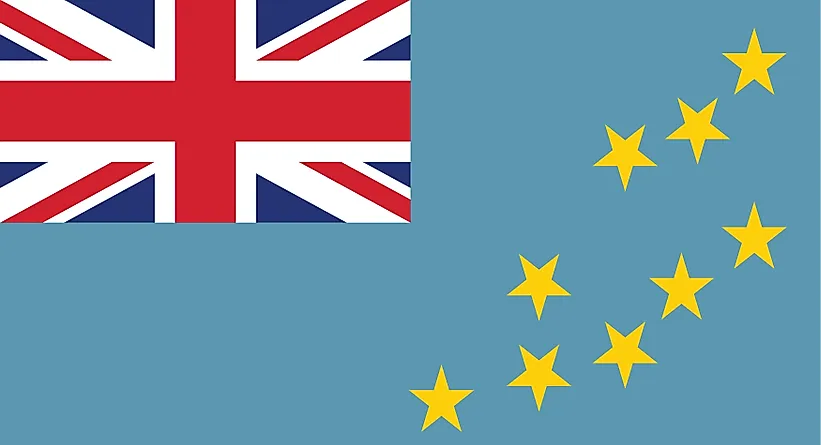
Tuvalu
| Continent | Oceania |
| Capital | Funafuti |
| Population | 10,959 |
| GDP | $39.00 Million |
| GDP per Capita | $3,500 |
| Dialing Code | +688 |
| ISO Code (2-letter) | TV |
| ISO Code (3-letter) | TUV |
Tuvalu Landscapes






About Tuvalu
Welcome to Tuvalu, a nation of coral atolls and maritime heritage. With approximately 11,000 people across 26 square kilometers, Tuvalu combines traditional Polynesian culture with environmental awareness, standing as one of the world’s smallest and most vulnerable island nations.
Geographic Features and Natural Beauty
Tuvalu’s geography encompasses nine coral atolls spread across the Pacific Ocean. The country features pristine lagoons, coral reefs, and narrow strips of land rarely rising more than 4.5 meters above sea level.
The landscape includes coconut palms, tropical vegetation, and extensive marine ecosystems. The country’s marine environment creates diverse habitats supporting rich sea life and migratory birds.
Protected areas include marine conservation zones and the Funafuti Conservation Area. The country’s commitment to conservation focuses on preserving its marine biodiversity while addressing climate change impacts.
Cultural Heritage and Traditions
Tuvaluan culture represents traditional Polynesian values and maritime customs. The country’s heritage includes traditional navigation skills, distinctive dance forms, and strong community bonds.
Traditional arts include handicrafts using coconut fiber and pandanus leaves, traditional dance (fatele), and music. Cultural practices feature community gatherings, traditional fishing methods, and the preservation of ancestral knowledge.
Tuvaluan cuisine reflects its Pacific heritage, featuring seafood, coconut, and root crops like pulaka. The tradition of communal living and sharing remains central to island life.
Historical Journey
Tuvalu’s history spans from Polynesian settlement through colonial period to independence. The islands were formerly known as the Ellice Islands.
Significant periods include early Polynesian settlement, British protectorate status as part of the Gilbert and Ellice Islands, and independence in 1978. The country’s isolation has helped preserve its traditional way of life.
Modern Economic Landscape
Today’s Tuvaluan economy focuses on fishing rights, remittances, and trust fund investments. The country also generates income from its “.tv” internet domain name.
Recent initiatives emphasize climate change adaptation, sustainable development, and digital connectivity. Tuvalu’s strategic management of its resources supports its economic sustainability.
International Relations and Global Position
Tuvalu maintains active advocacy for climate change action while fostering international partnerships. The country’s environmental vulnerability extends its diplomatic voice on global climate issues.
Did You Know?
• Tuvalu is one of the least visited countries in the world?
• The country’s highest point is only 4.6 meters above sea level?
• Tuvalu’s internet domain “.tv” is a significant source of national income?
• The entire nation has less total land area than many large cities’ parks?
Conclusion
Tuvalu represents a unique combination of traditional Pacific life and modern environmental challenges. From its coral atolls to its marine sanctuaries, from its traditional practices to its digital innovations, Tuvalu continues to adapt while preserving its cultural heritage. As it addresses existential challenges from climate change and sea-level rise, Tuvalu remains committed to survival while maintaining its position as a guardian of Pacific traditions and environmental awareness.